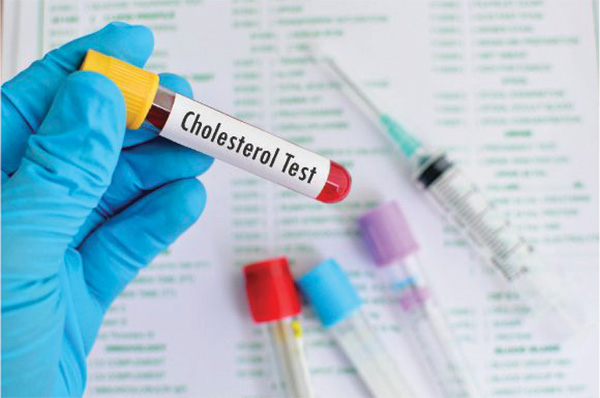New Evidence Strengthens Link Between High Cholesterol and Aggressive Prostate Cancer

The study looked at cholesterol measurements from 17,696 men, 2,404 of whom were diagnosed with prostate cancer. The authors placed the men into three groups according to cholesterol levels. Men with higher cholesterol levels were more likely to be diagnosed with aggressive prostate cancer.
Specifically, men in the group with the highest total cholesterol levels had a 42% higher risk of having high grade prostate cancer (Gleason 8-10), when compared to men with the lowest cholesterol levels. Men with the highest LDL cholesterol levels, above 3 mmol/l, had a 38% higher risk of developing advanced prostate cancer.
In addition, men in the groups with the two highest levels of total cholesterol had a 27% increased risk for developing overall prostate cancer after a 3-year lag time.
Surprisingly, the data showed that men with the highest cholesterol levels had a significantly lower risk of having prostate cancer after a 20-year lag. However, this could be attributed to a number of factors other than biology, including the limited number of men in the study who had recorded cholesterol levels after 20 years.
The data came from the Finnish Randomized Study of Screening for Prostate Cancer.
Prostate Cancer Prostatic Dis. 2018 Sep 13. doi: 10.1038/s41391-018-0087-0.











